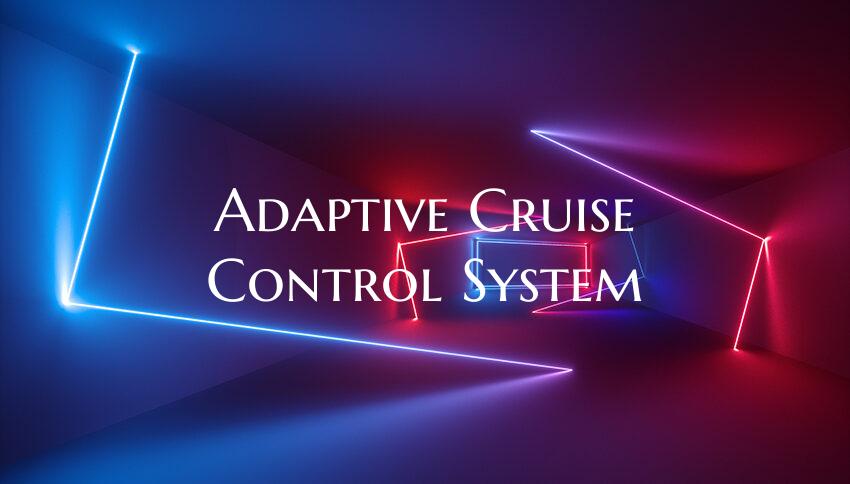Adaptive Cruise Control System
Introduction: In recent years, automotive technology has seen remarkable advancements that enhance both safety and convenience for drivers. One such innovation is the Adaptive Cruise Control (ACC) system, which goes beyond traditional cruise control to provide a more intelligent and responsive driving experience. In this article, we will delve into the Adaptive Cruise Control system, exploring how it works, its benefits, and its impact on the future of driving.
How Does Adaptive Cruise Control Work? Unlike standard cruise control systems that maintain a fixed speed set by the driver, Adaptive Cruise Control utilizes sensors, radar, or cameras to monitor the road ahead and automatically adjust the vehicle's speed to maintain a safe following distance from the vehicle in front. By assessing the distance and relative speed of other vehicles, the ACC system can accelerate or decelerate, even coming to a complete stop if necessary, without driver intervention.
Benefits of Adaptive Cruise Control: 1. Enhanced Safety: ACC helps reduce the risk of rear-end collisions by automatically adjusting the vehicle speed to maintain a safe distance from other cars. It can react quicker than a human driver in certain situations, potentially preventing accidents. 2. Comfort and Convenience: Drivers can enjoy a more relaxed driving experience on long trips or in heavy traffic, as the ACC system helps reduce the need for constant speed adjustments. This can alleviate driver fatigue and stress.
3. Improved Traffic Flow: By maintaining consistent speeds and safe following distances, Adaptive Cruise Control can contribute to smoother traffic flow and reduce congestion on highways and busy roads. 4. Fuel Efficiency: ACC can optimize the vehicle's fuel consumption by avoiding unnecessary speed fluctuations and aggressive acceleration and braking, leading to potential fuel savings in the long run.
Implications for Future Driving: As self-driving technology continues to evolve, Adaptive Cruise Control represents a crucial step towards fully autonomous vehicles. By integrating ACC with other systems such as lane-keeping assistance and automatic braking, cars are becoming more capable of handling complex driving scenarios independently. This paves the way for a future where driving is not only safer but also more efficient and enjoyable.
Conclusion: The Adaptive Cruise Control system is a significant advancement in automotive technology, offering benefits in terms of safety, comfort, and efficiency. As manufacturers continue to refine and integrate ACC with other driving assistance features, we can look forward to a future where cars are not just modes of transportation but smart companions that enhance the overall driving experience.

